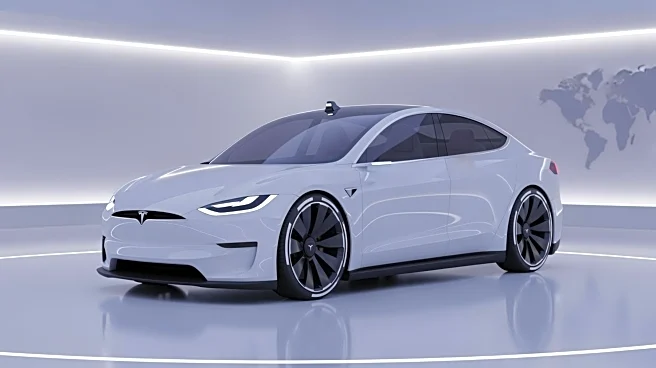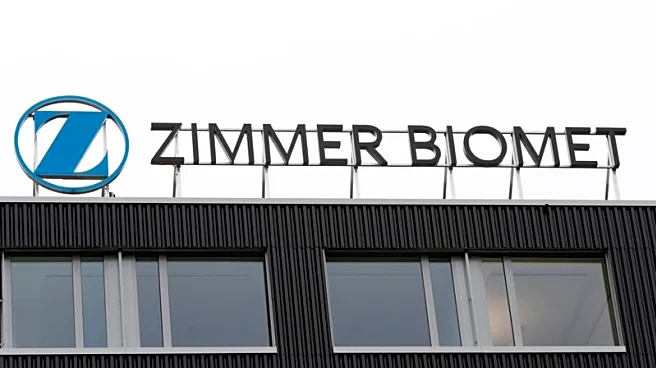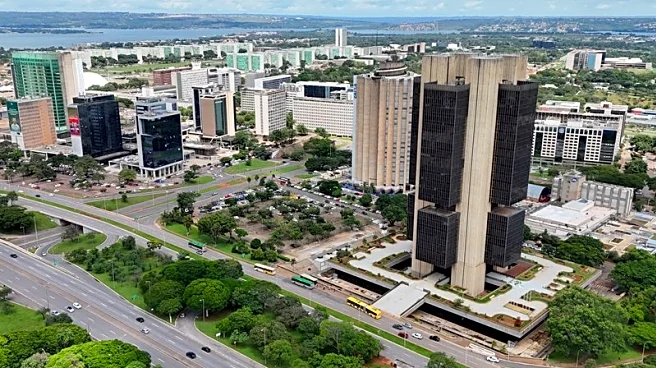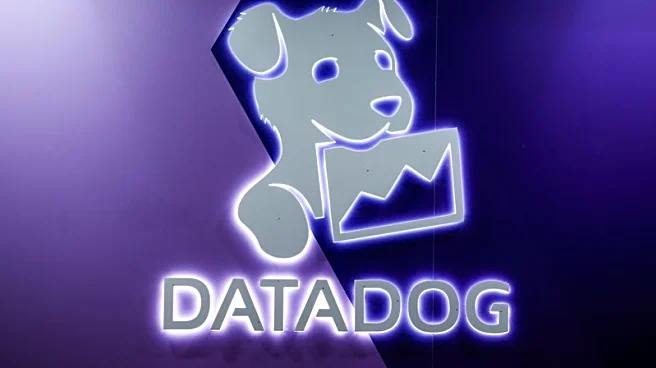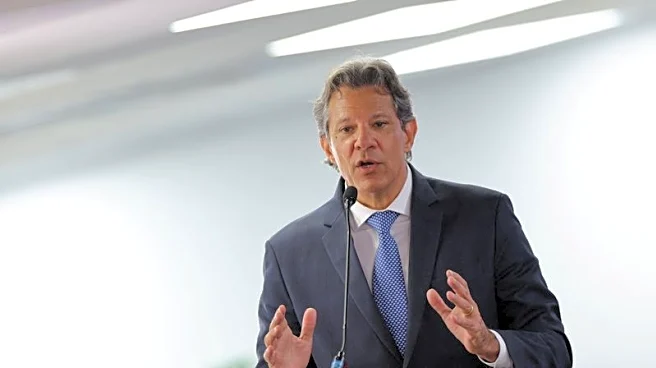What's Happening?
Tesla has received approval from the Swedish Transport Administration to conduct supervised testing of its Full Self-Driving (FSD) technology on state highways and expressways in Sweden. This development
allows Sweden to join other countries such as Canada, Mexico, Australia, New Zealand, and China in testing Tesla's FSD capabilities. The trial will be limited to three company-owned vehicles. The approval was announced by Alexander Kristensen, a Tesla owner in Sweden, who shared the news on social media. This move is part of Tesla's broader strategy to expand the reach of its FSD technology globally, despite ongoing labor disputes with Swedish union IF Metall, which have affected Tesla's operations in the country.
Why It's Important?
The approval for testing Tesla's FSD technology in Sweden marks a significant step in the company's efforts to expand its autonomous driving capabilities internationally. This could potentially lead to advancements in vehicle efficiency and reduced carbon emissions, as FSD technology optimizes energy consumption and extends travel range on a single charge. However, the decision is surprising to some, given Tesla's ongoing labor disputes in Sweden, which have included strikes and blockades. The ability to test FSD in Sweden may help Tesla overcome some of these operational challenges and strengthen its position in the European automotive market.
What's Next?
Tesla's testing of FSD technology in Sweden could pave the way for broader adoption of autonomous driving in Europe, potentially influencing regulatory frameworks and consumer acceptance. As Tesla continues to develop its FSD capabilities, it may face further scrutiny from unions and regulatory bodies, especially in countries where labor disputes are ongoing. The success of these tests could lead to expanded trials in other European nations, further integrating autonomous technology into everyday driving experiences.
Beyond the Headlines
The expansion of Tesla's FSD testing into Sweden highlights the complex interplay between technological innovation and labor relations. While the advancement of autonomous driving technology promises environmental benefits and increased efficiency, it also raises questions about job security and labor rights in the automotive industry. The ongoing disputes with Swedish unions underscore the need for companies like Tesla to navigate these challenges carefully as they push for technological progress.
